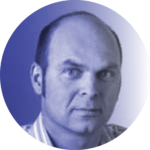
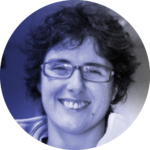
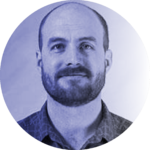
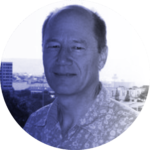
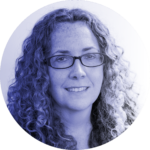
Felix Janssen (HGF-MPG, Alfred Wegener Institute), Ana Colaço (IMAR, University of the Azores), Andrew Thurber (Oregon State University), Bruce Howe (University of Hawaii at Mãnoa), Laura Wallace (UT Austin, GNS Science)
October 21 | 4 p.m. (GMT+1) / 10 a.m. (CDT) | Duration: 2 ½ h
Virtual | Limited attendance
Deep-sea exploration and resource extraction are among today’s major scientific challenges and are targets of the recently launched United Nations Decade of Ocean Science for Sustainable Development (2021-2030). The deep-sea hosts sensitive ecosystems with rich biodiversity, as well as important minerals and potential biotechnological resources. In light of increasing industry interest in exploiting deep-sea living and non-living resources, providing a comprehensive baseline inventory, understanding its dynamics, and assessing possible impacts of anthropogenic activities is of paramount interest in order to avoid irreversible environmental disruptions.
By its nature, ocean science requires strongly multidisciplinary research and therefore its exploration must summon the efforts from various fields of science towards a holistic approach to the good functioning of deep-sea environments.
Novel observing approaches to overcome technological and logistical challenges are needed, along with long-term, sustained monitoring programs to monitor, relate and understand deep-sea dynamics and associated ecosystems. This is a huge task that demands concerted and optimized efforts from various stakeholders.
It is therefore important to profit from existing infrastructures (such as smart cables, autonomous underwater vehicles, satellites, among others), simulation capabilities, and data cyberinfrastructures, and to gather efforts and expertise from seafloor and satellite geodesists, oceanographers and ecologists in order to gain further insights into deep-sea functioning. This is essential to draw reliable evolution scenarios and develop decision support capabilities as the basis to guarantee environmental sustainability. A concerted effort will mark a substantive contribution to the UN Decade of Ocean Science for Sustainable Development.
Online Session coordinated by UT Austin Portugal’s Area Directors for Space-Earth Interactions:
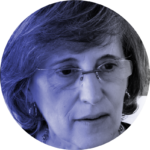

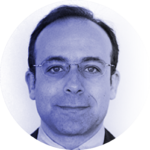
- Luísa Bastos, Director of Prof. Manuel de Barros Astronomical Observatory, Portugal
- Patrick Heimbach, Associate Professor at the Department of Geological Sciences of the University of Texas at Austin, USA
- Pedro Camanho, Professor at the Department of Mechanical Engineering of the Faculty of Engineering of University of Porto, Vice-President of the Institute of Mechanical Engineering and Industrial Management, and President of the Associated Laboratory in Energy, Transportation and Aeronautics, Portugal